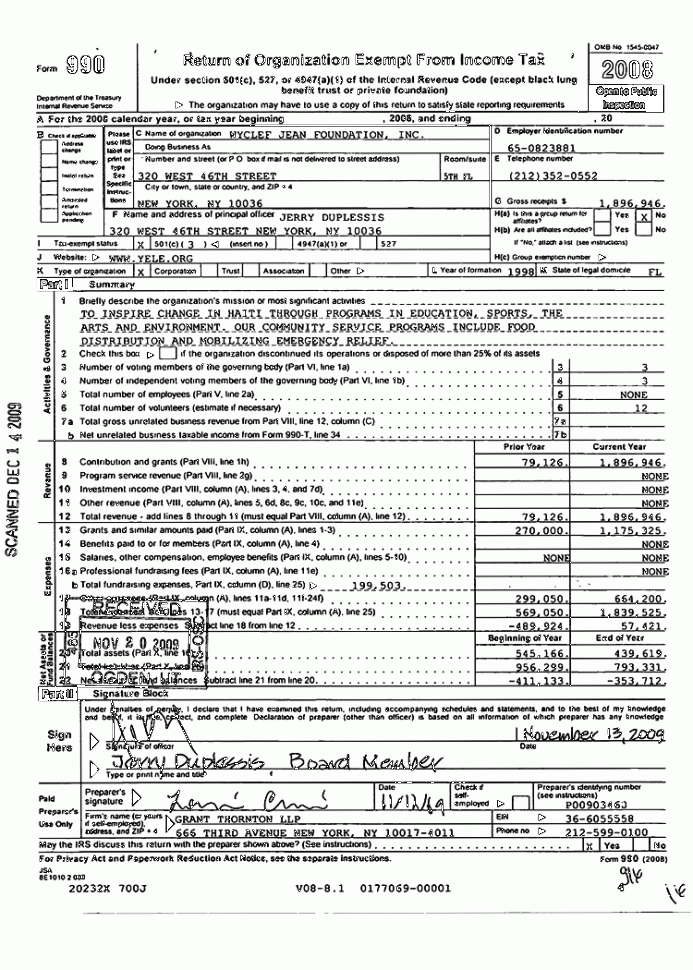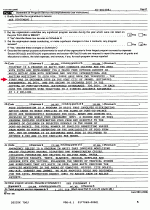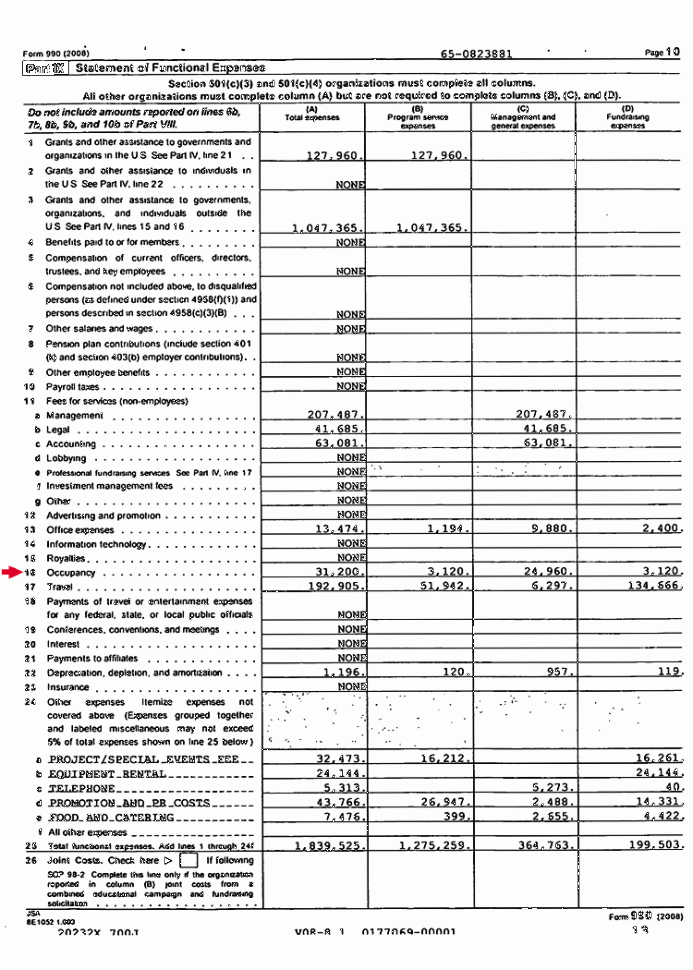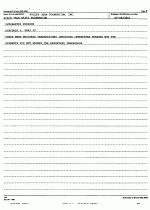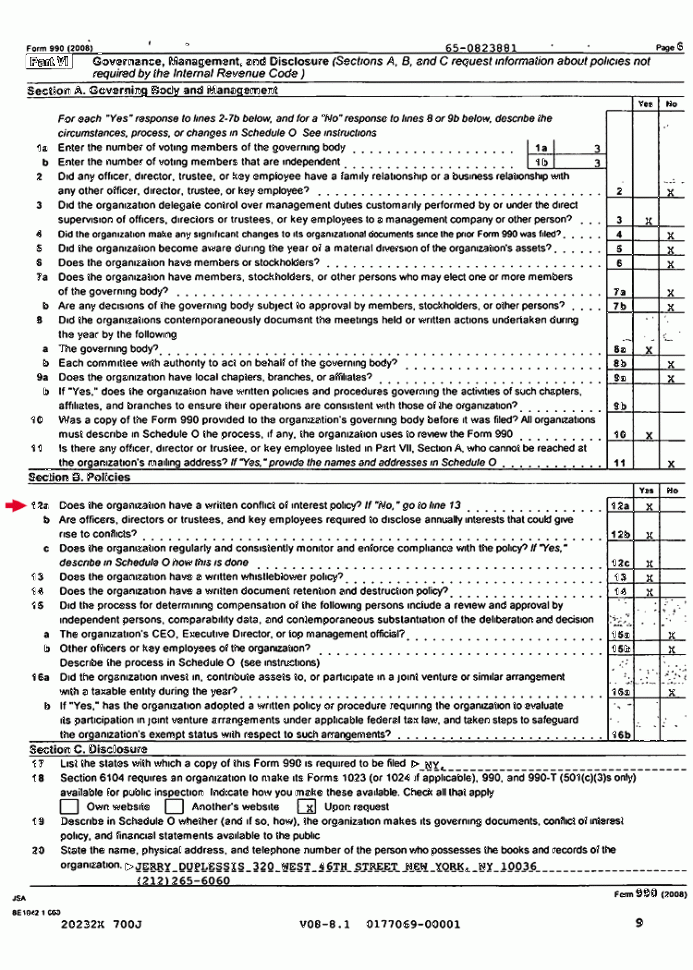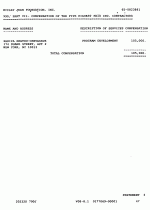Wyclef's Conflict of Interest
Latest tax return shows Jean still banking charity funds
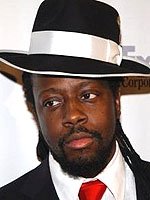
View Document
Wyclef's Conflict of Interest (Policy)
-
Wyclef's Conflict of Interest (Policy)
-
Wyclef's Conflict of Interest (Policy)
-
Wyclef's Conflict of Interest (Policy)
-
Wyclef's Conflict of Interest (Policy)
-
Wyclef's Conflict of Interest (Policy)
-
Wyclef's Conflict of Interest (Policy)
-
Wyclef's Conflict of Interest (Policy)
-
Wyclef's Conflict of Interest (Policy)
MARCH 11--The latest tax return for Wyclef Jean's foundation has been filed, and while it reveals that the musician is still paying himself from the group's funds, the charity reports that it has just instituted a written conflict of interest policy. So that must reassure prospective donors, right?
As TSG has previously reported, Jean and a business partner personally received more than $400,000 from the Wyclef Jean Foundation between 2005 and 2007. The organization's 2008 tax return, which is excerpted here, shows that the group reported gross receipts of $1.8 million, more than 20 times what it disclosed in 2007. More than $1 million of that sum was wired to a Haiti-based group that reportedly provided food and relief services in the country, and also organized a free outdoor concert in Port-au-Prince starring Jean himself.
Based on prior practices, it seems likely that Jean, a pay-for-play kind of humanitarian, would have pocketed an appearance fee for that gig. The 2008 tax return shows that the group, again, paid $31,200 in rent for space inside a Manhattan recording studio owned by Jean and his cousin Jerry Duplessis, who is also a foundation board member (that 'space' was actually a cafe table in the studio's kitchen). It is unclear whether the rent deal was the extent of such insider dealings, since the tax return notes, 'there were business transactions involving interested persons, but the payments did not exceed the reporting thresholds.'
The IRS filing also reveals the establishment of a conflict of interest policy that requires foundation officials to annually disclose 'interests that could give rise to conflicts.' The tax return also reports that an unnamed donor made an in-kind contribution of stock valued at $534,660 (the securities were quickly sold by the foundation).
Additionally, Jean's organization reported having no employees, 'only three consultants,' the highest paid of which was Zakiya Khatou-Chevassus, who banked $105,000. In addition to working closely with Jean, Khatou-Chevassus does a little acting/modeling. (8 pages)


